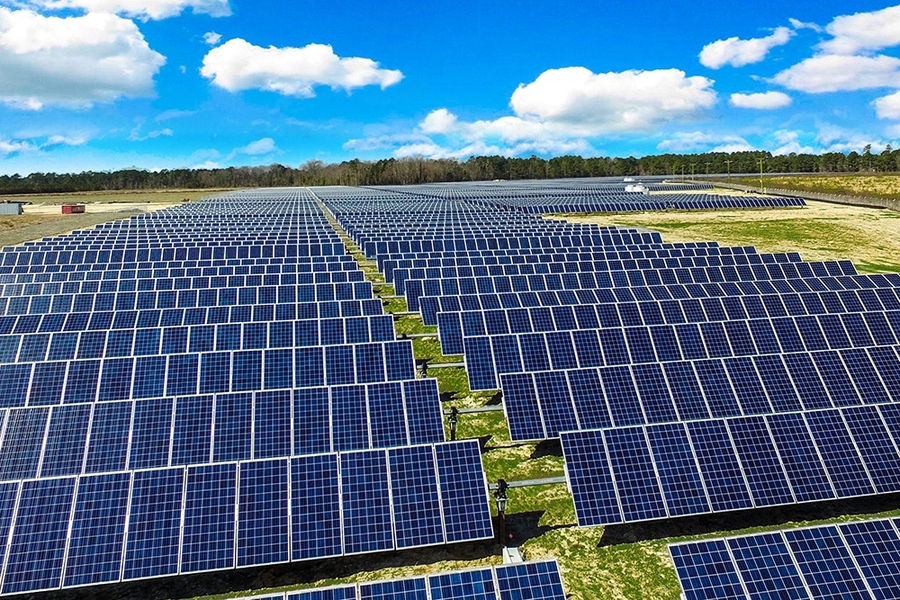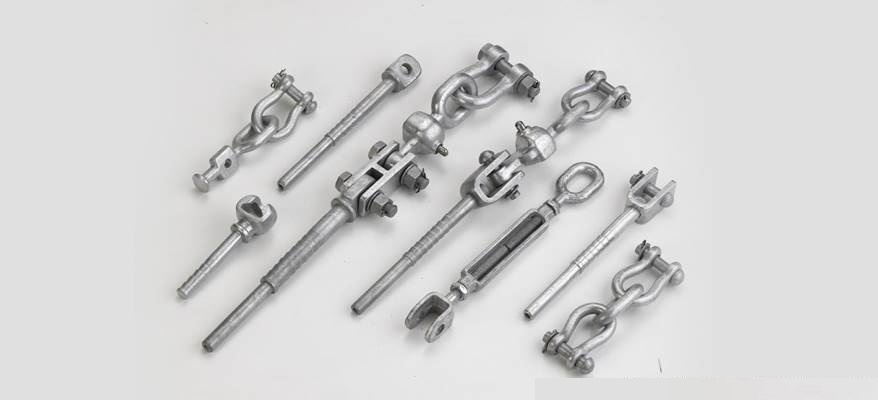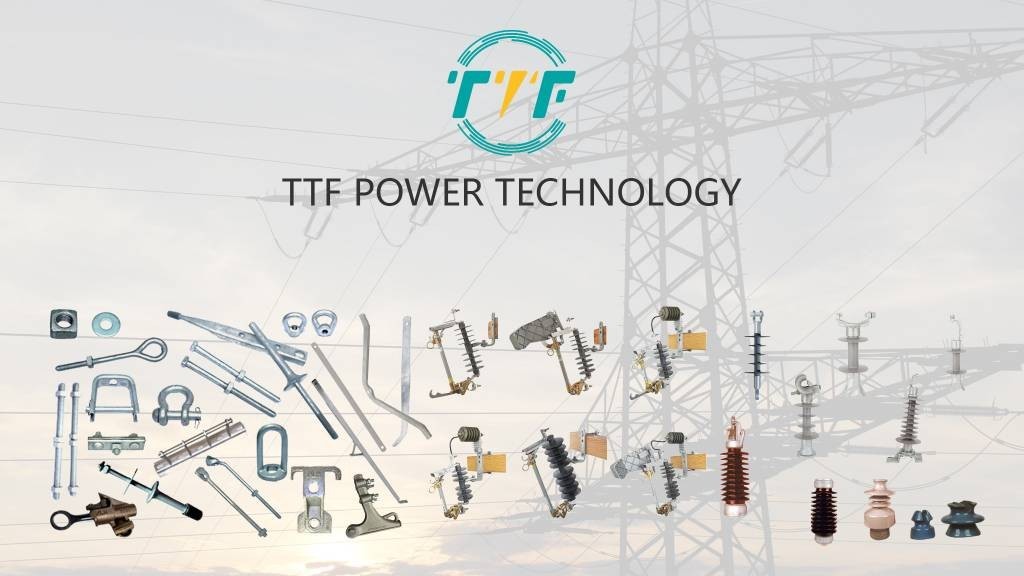
The abundant sunlight in Brazil offers some opportunities for solar panel installations. Installation of solar panels in Brazil represents a positive trend towards a more sustainable and energy-efficient future. The evolving technologies and government policies are more supportive for solar power installations. Production of solar power in Brazil can help diversify the energy mix, reduce greenhouse gas emissions, and meet the growing electricity demand. Major contributors to solar power development include policy support, growth in solar capacity, utility-scale solar farms, and reduced energy costs. The Mato Grosso do Sul court of justice is developing a solar park in Brazil, aiming to install 6,000 solar panels. This energy will contribute to the climate goals and energy sustainability in Brazil. Conductor hardware plays a crucial role in transferring electricity generated by solar panels to inverters, battery storage systems, and the electric grid.
Conductor hardware includes formed wire, splice connectors, terminals, and clamps. They serve in transferring electricity generated by panels throughout the system. High-quality conductors reduce energy losses, reduce risks, and ensure system reliability. Additionally, the continuous investments in solar power and other renewable energy sources position it as a global leader in energy transition. Solar energy contributes to reduced carbon footprints, energy diversification, and enhancing energy security. Let’s analyze the contribution of conductor hardware in developing solar panel installations. Also, we will look at the challenges and potential of solar panel installations in Brazil.
Benefits of conductor hardware in solar panels in Brazil
Conductor hardware helps in transferring electricity generated by solar panels to inverters, battery storage systems, and the electric grid. It also ensures the performance, safety, and reliability of the entire solar energy generation system. Proper conductor selection, installation, and maintenance are vital for optimizing solar energy generation. They also help in ensuring a clean, dependable energy supply for the future. The following are the roles and functions of conductor hardware in Brazil.

- Electrical conduction and energy transfer – cables and connectors help in transferring the direct current produced by solar panels to the inverter. The cables must have low resistance to reduce energy losses during transmission. High-quality cables maximize efficiency to ensure minimal energy loss.
- Reducing energy losses – proper conductor hardware is vital in reducing power losses and ensuring the highest possible energy output. The high-quality conductors ensure consistent current flow, avoiding significant losses in the process.
- Solar component connections – conductor hardware helps to connect different components of the solar power systems, such as panels, inverters, and battery banks.
- AC conduction for grid integration – conductors serve to deliver electricity either for local use or to feed into the grid. AC conductors connect the inverter to the building’s electrical system to the utility grid. The conductor hardware ensures smooth integration into the utility grid. This allows the energy produced by the solar panels to be fed into the grid.
Challenges facing the development of solar panels and solar parks
The development of solar panels and solar parks in Brazil has been speeding up over the years. The development faces several challenges that may hinder the realization of its full potential. These challenges include economic and regulatory hurdles to infrastructure and social issues. To overcome these challenges, Brazil will need coordinated efforts between the government, private sector, and communities. It will also include investments in infrastructure, local manufacturing, and innovative solutions like energy storage. At TTF Power, we are a one-stop-shop for utility pole hardware fittings, transmission line accessories and power line construction equipment. We provide our customers with the most extensive range of products in the industry, excellent value and knowledgeable service. The following are the challenges facing solar panel installations and solar parks development in Brazil.

- Transmission infrastructure limitations – many large-scale solar parks are under development in regions like the Northeast. These areas may lack enough transmission infrastructure, which makes it difficult to transport generated electricity to major demand centers.
- Land acquisition and permitting issues – the process for securing permits to develop solar parks can be lengthy. This can delay the development of new projects and increase costs.
- Grid integration – solar power generation is mostly intermittent due to weather conditions. Balancing variable solar generation with grid stability needs sophisticated grid management and energy storage solutions. Investments in grid enhancements and smart grid technology bring limitations in how much solar power the grid can absorb.
- Limited local manufacturing capacity – the limited local manufacturing capacity for solar modules and components is still a challenge. There is also dependence on imported materials that can lead to price fluctuations due to global supply chain issues, tariffs, and trade policies.